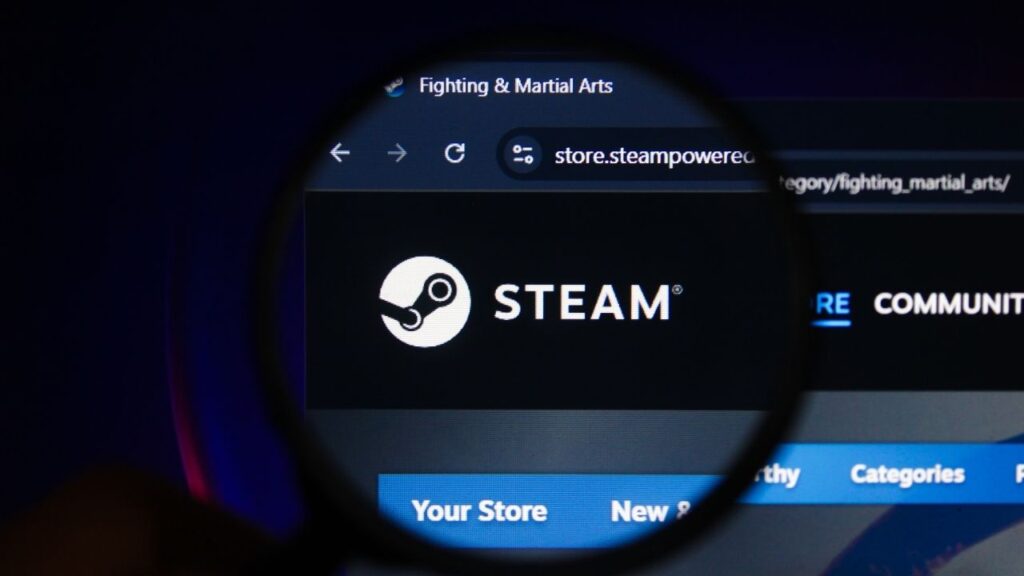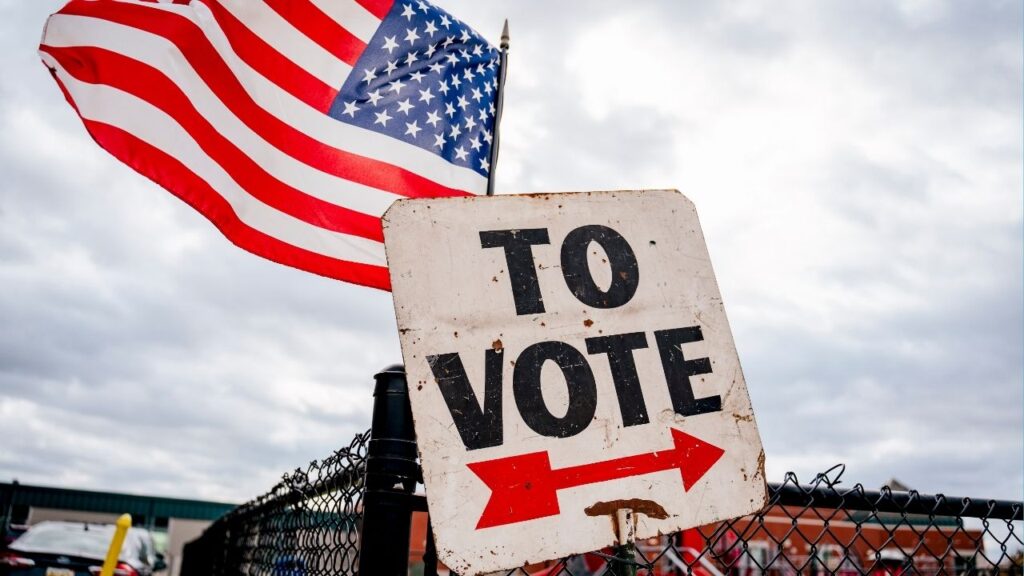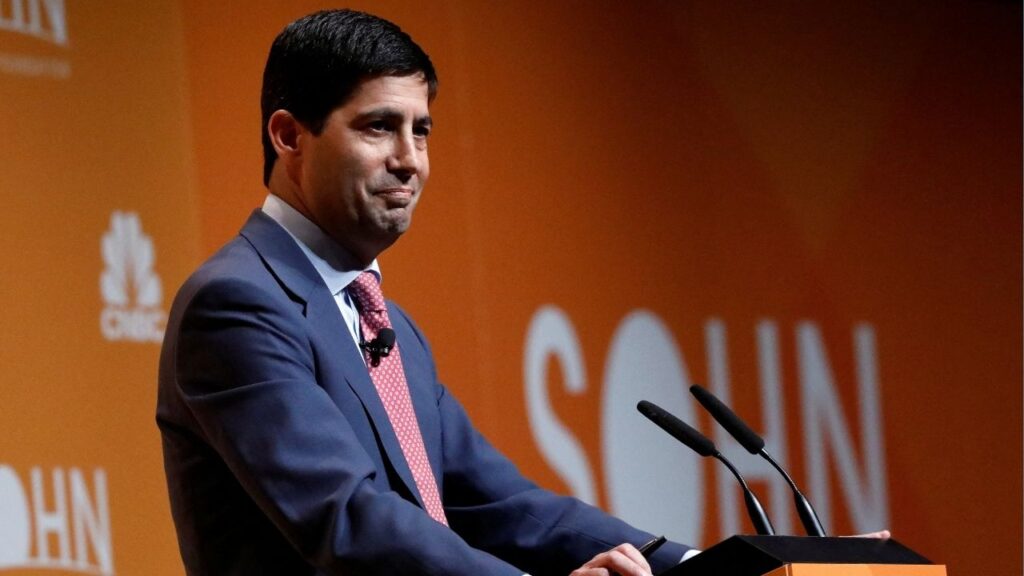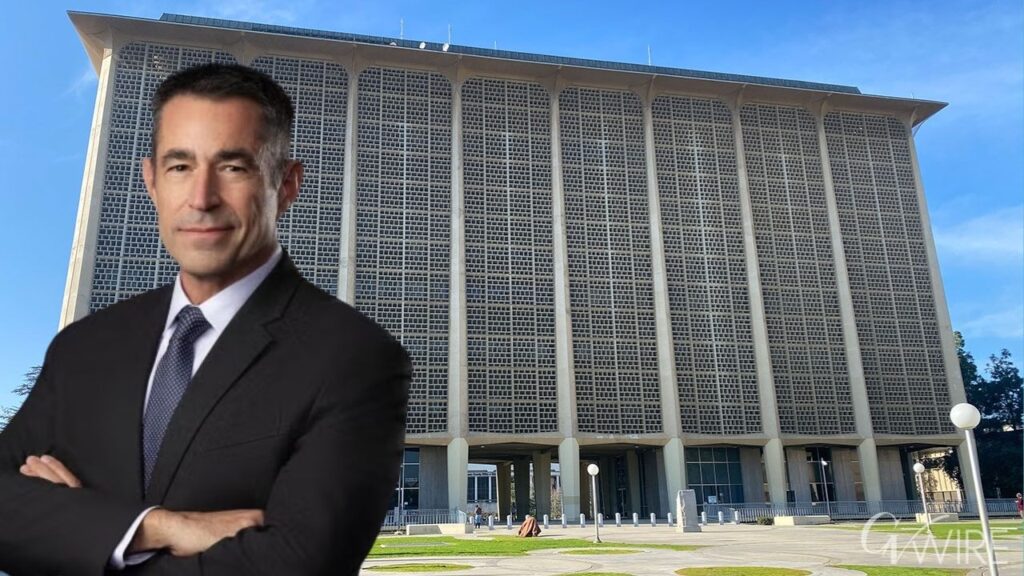California consumer groups say lawmakers need to repeal a law requiring the PUC to set a fixed charge for electric customers. (Shutterstock)

- A coalition of California consumer advocacy organizations are calling for the Legislature to pass AB 1999 and repeal a pending utility tax.
- The fixed charge, established in 2022 in AB 205, would add $24 monthly to many customers' bills.
- The advocates say the fixed charge will slow the state's move toward clean energy and electrification.
Share
|
Getting your Trinity Audio player ready...
|
A proposal to levy a fixed charge on customers of California’s big investor-owned utilities will harm low-income households, further line the pockets of utility company executives, and create less incentive for Californians to conserve energy as well as switch to electric-powered cars and appliances, a coalition of consumer advocates said Tuesday.
The “Stop the Big Utility Tax Coalition,” which includes representatives of tenants’ rights, environmental justice, farmworker, and climate advocacy organizations is lobbying for Californians to pressure lawmakers to pass Assembly Bill 1999. The legislation would roll back the requirement to establish a fixed charge for utility customers that the Legislature approved in 2022.
The fixed charge is supposed to cover utilities’ operating and maintenance costs, which would be removed from the volumetric cost of producing electricity. Right now all those costs are rolled together in customers’ bills.
Advocates told reporters Tuesday in a Zoom webinar that AB 205 does not set a cap for the fixed charge, so the $24 monthly charge proposed by the California Public Utilities Commission would be only a starting point and likely would keep growing.
Related Story: Skyrocketing PG&E Rates Put the Squeeze on EV Owners
Who Would Benefit?
Josh Plaisted, a principle with Flagstaff Research, said the fixed charge would benefit owners of large homes with high energy usage while harming residents of apartments, townhomes, condos, and small homes with lower energy use.
The owner of a small home or apartment dweller who uses only about 1,334 kilowatt hours of electricity yearly would see their electric bills spike by an additional $225.30 per year, Plaisted said. But the owners of large single-family homes, with multiple bedrooms and a pool, would see their annual bills drop by $338.84, he said.
Just in Pacific Gas and Electric’s territory alone, more than a million Californians are already behind on paying their utility bills, said Ken Cook, president of the Enviromental Working Group.
“That is sending a signal to people, ‘hey, you may be using less energy. We’re going to make you pay anyway to support our bad habits,’ which the principle bad habit is out-of-control utility spending that no one seems willing to stand up to,” Cook said.
Sharrah Thompson, Central Valley Regional coordinator of Tenants Together and a member of the Fresno Tenants Union, said low-income people who don’t qualify for the CARE or FERA assistance programs are facing tough choices when it comes time to pay their bills.
Rising utility rates that were previously approved by the Public Utilities Commission have been putting the squeeze on her finances, said Thompson, who said she lives in Fresno’s lowest-income ZIP code area, 93701.
“At this point, I personally have had to cut health care visits, trips to my dying grandparents, and (buying) less than healthier foods for my toddler and myself because it’s cheaper and it’s what I can afford,” she said.
Related Story: It’s the Only Store for Dozens of Miles. PG&E’s Latest Rate Hikes ...
Less Incentive to Conserve
Laura Deehan, state director of Environmental California, said the fixed charge will hamper the state’s efforts to move toward its zero-carbon goals and expanded electrification.
It would come on top of recent actions by the PUC to decrease the amount of money utilities pay solar customers for extra power produced on their rooftop systems that has created a huge slowdown in the solar market, she said.
Instead of encouraging customers to continue to conserve energy, the fixed charge would penalize those who have conserved, and less conservation will lead to higher system costs for everyone, Deehan said.
She noted that there’s been a lot of technological progress since the first Earth Day 54 years ago and a turnaround in environmental degradation. But the introduction of an uncapped fixed charge could set back efforts and slow the state’s progress to a clean energy future, she said.
“There was some polling directly on this question about whether having the highest fixed charge in the nation would encourage more people to electrify. And not shockingly, it does the opposite,” she said.
“It introduces more uncertainty, increases the risks, knowing that there would be an uncapped fixed charge that could continue to go up. … It would actually lead to a net reduction in consumer confidence, in consumers choosing to adopt an electric car or install a heat pump instead of a gas furnace in their home. If the highest fixed charge in the nation gets adopted, it will take us in the absolute wrong direction.”
Related Story: As PG&E Bills Skyrocket, Will California Lawmakers Hold Anyone
‘Where Has Ratepayer Money Gone?’
The investor-owned utilities like PG&E have gotten the PUC to approve rate hikes that the utilities says are needed to maintain and upgrade the grid, “something they have not done in the last 20 years,” said Richard Skaff, executive director of Designing Accessible Communities. “Where has all that ratepayer money gone? It’s gone to their profits, to their stockholders and to their executives getting substantial — I don’t know many corporations where the leadership gets the kind of bonuses and income they get.”
The movement to roll back the fixed charge requirement in AB 205 has drawn the support of more than 250 California community organizations, 22 Assemblymembers, 10 state senators, and 18 members of Congress, Cook said.
Meanwhile, AB 1999 is scheduled for a hearing on April 24 before the Assembly Committee on Utilities and Energy. Assemblymember Jim Patterson, R-Fresno, is vice chair of the committee.
“So it’s a good time to weigh in. In other words, if anyone’s listening in, this is the time,” Cook said. “Your legislators need to hear that this is something we can’t just hand over to the utilities.
“And AB 1999 is the way to take some of that power back, literally, for people in California.”
RELATED TOPICS:
Categories
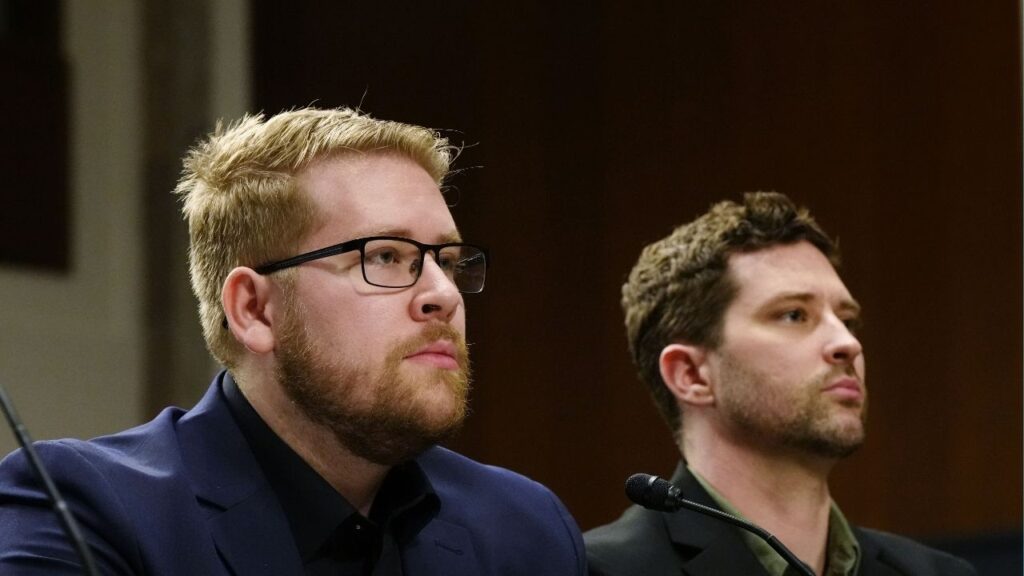
Renee Good’s Relatives Speak to Lawmakers in Washington
